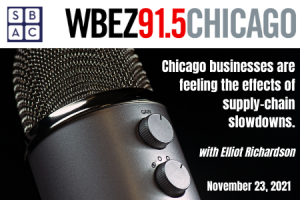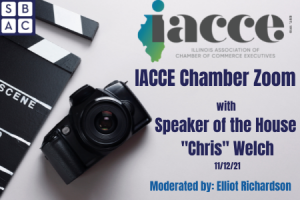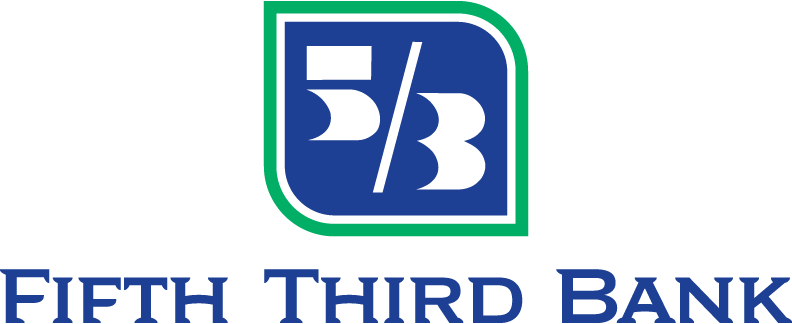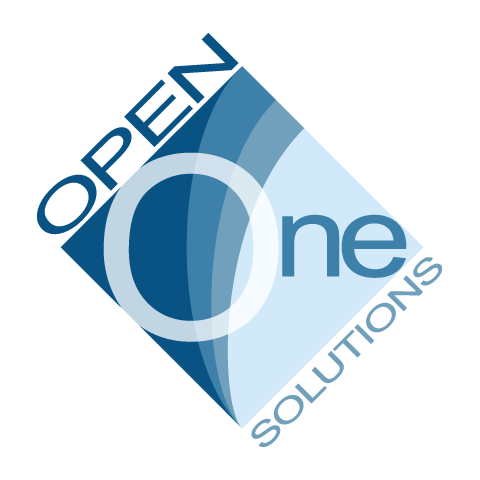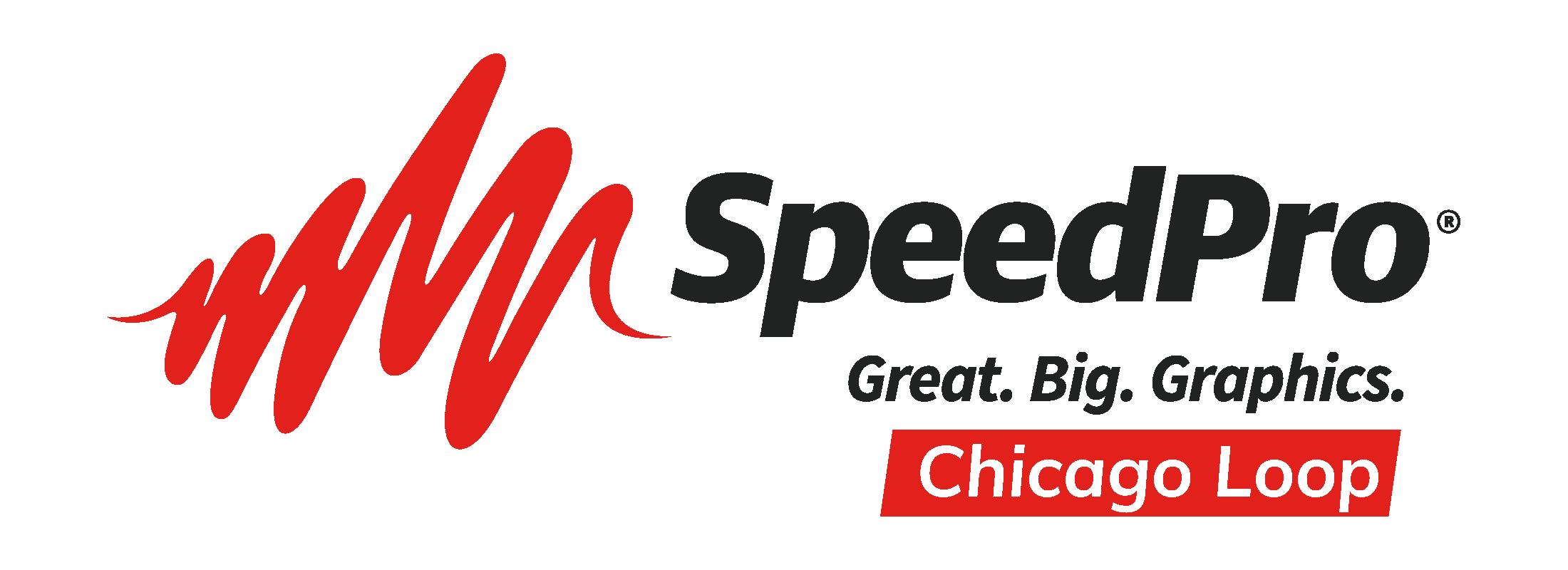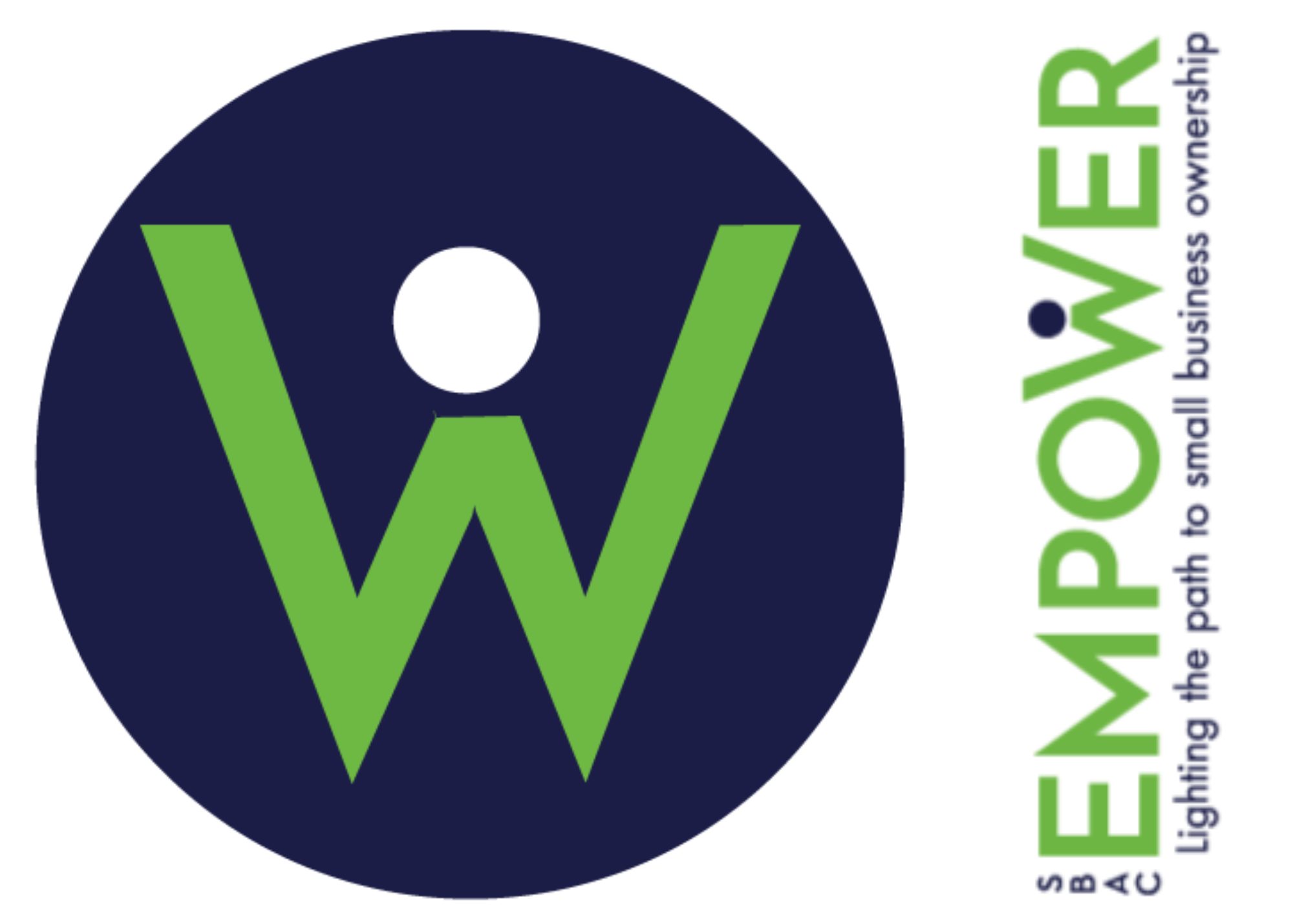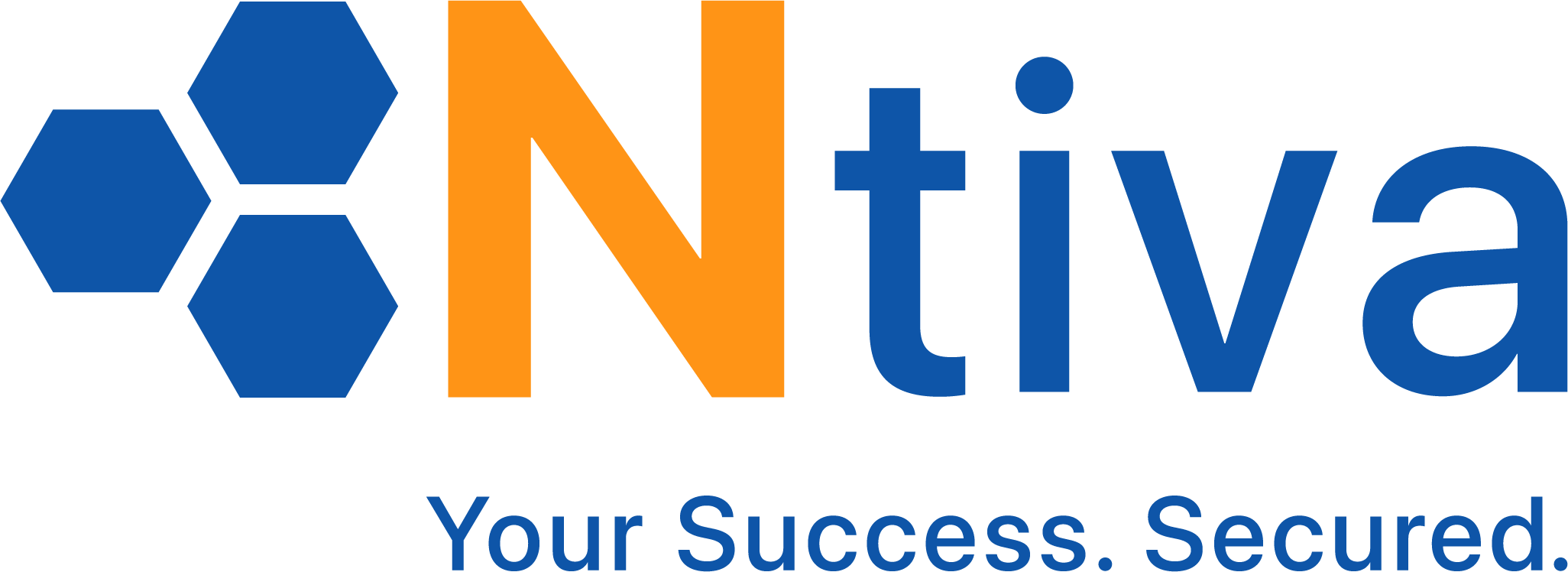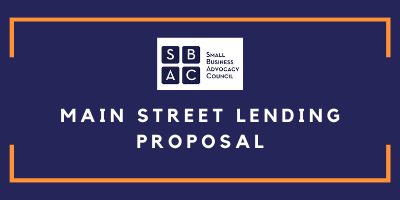
SUMMARY
The Federal Reserve established the Main Street Lending Program (the “Program”) to help aid small and medium-sized for-profit businesses and nonprofit organizations who were in sound financial condition before the onset of the COVID-19 pandemic and who were unable to get aid under any of the other COVID-19 related relief programs (e.g. under the “PPP” program).
The Program was launched under Title IV of the CARES Act and was initially allocated approximately $600 Billion to make eligible loans (with $75 Billion being initially made available by the Treasury). Given the very tepid response to the Program, however, the Program was officially terminated as of January 8, 2021. While multiple banks signed up to participate in making loans under the Program, very few actually made a significant number of Program loans. In fact, according to the Treasury’s most recent “Periodic Report” released on January 9, 2021, only roughly $16.5 Billion in Program loans were actually made and outstanding as of December 31, 2020. This leaves a ton of available resources that could be easily re-directed by the Treasury to help other hard-hit borrowers.
Many previously sound small and medium-sized commercial property owners have suffered heavily from the COVID-19 pandemic, whether as a result of lost rents or outright tenant closures and departures. All while being virtually shut-out from being able to get aid under any of the current federal or even state COVID-19 related relief programs (including the “PPP” program). As a result, many of these previously sound commercial property owners have been unable to satisfy their revenue related loan covenants and now find themselves on the brink of commercial foreclosure. While many banks have shown flexibility regarding such loan covenants during the pandemic, that flexibility is quickly ending and most banks are now refusing to renew these loans as they mature; even where the borrower/property was highly desirable from a credit perspective before the pandemic and where they most likely will be again after the pandemic.
If nothing is done to intervene, we will undoubtedly see a wave of commercial foreclosures that will rival, if not surpass, the 2008 real estate crisis. This will hurt not only the property owners themselves but also the small and mid-sized businesses that will need space to rent once this pandemic subsides. To prevent this inevitable collapse of the commercial real estate market, we propose that the Treasury both re-open the Program and establish a new loan facility to incentivize banks to refinance/extend existing loans that were made to borrowers, or otherwise backed by commercial properties, that were in sound financial condition prior to the onset of the COVID-19 pandemic. More specifically, we are proposing that the Treasury create a new loan facility under the Program to incentivize banks to extend the maturity of eligible loans that are coming due (or which are in default solely as a result of a revenue related covenant) in 2021 for an additional 5-years by agreeing to purchase a 50% participation in such extended eligible loans. An initial “term sheet” (in form substantively similar to the other Program term sheets) outlining the basic terms of our proposed extended loan facility, including the related loan eligibility requirements, is attached for reference and discussion.
This new proposed facility will go a long way in both aiding sound small and medium-sized commercial property owners and in helping to avoid the inevitable wave of commercial foreclosures that is on the horizon
To view our proposed term sheet, click here.
Byline Bank Recognizes Small Business Saturday with Small Business Advocacy Council Contribution
Byline Bank Recognizes Small Business Saturday with Small Business Advocacy Council Contribution CHICAGO, IL (November 2021) – This Small Business Saturday, November 27, Byline Bank, Illinois’ top Small Business Administration lender, is recognizing the work of the Small Business Advocacy Council (SBAC) of Illinois with a $5,000 sponsorship contribution. The SBAC is a nonpartisan member-driven…
Chicago businesses are feeling the effects of supply-chain slowdowns
“Small businesses are just having a tremendously difficult time getting the supplies that they need to run their business, and, of course, this is even more concerning with the holiday season approaching,” said Elliot Richardson, president of the Small Business Advocacy Council in Chicago. He said the supply-chain problems are impacting all kinds of retailers.…
IACCE Conversation with Speaker of the House, Chris Welch
The SBAC’s Elliot Richardson had the distinct pleasure of moderating the IACCE – Illinois Association of Chamber of Commerce Executives call with Emanuel Chris Welch and Office of State Representative Carol Ammons last Friday. Watch the entire conversation addressing issues such as Back to Business Grants Workforce Development Unemployment Trust Fund Child Care Tax Credit/Grant…


